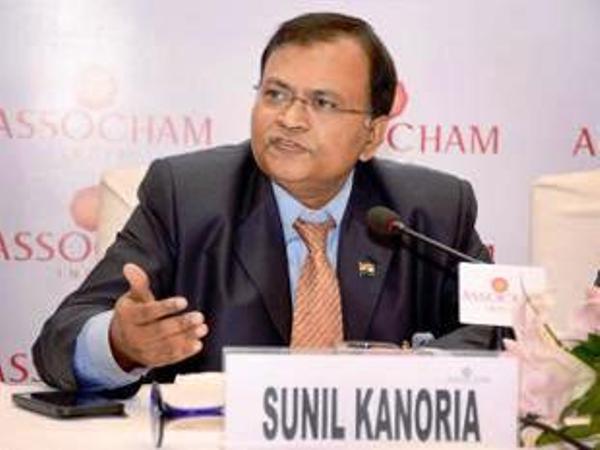New Delhi [India]: ASSOCHAM will bring forth before the Empowered Committee (EC) of State Finance Ministers certain concerns and areas of uncertainties while pleading for waiver of any penalties on unintentional compliance errors which may occur during the transition period of Goods and Services Tax (GST).
Seeking adequate time for preparation of the required compliance systems for the industry, the ASSOCHAM memorandum to the empowered panel on GST has listed issues for the state finance ministers’ meeting on August 30.
“While the industry wants the GST to be introduced at the earliest in view of its benefits to all stake holders, the Government and Empowered Committee (EC) should give adequate time for preparation for its smooth transition. Considering significant increase in documentary requirement and digitisation of the entire GST process, industry has to gear up and change their accounting and computer system after the GST Rules are released,” said ASSOCHAM president Sunil Kanoria after discussing the issue at its Managing Committee, the top policy making and governing body of the chamber.
“Moreover, the penal provisions for unintended mistake during the transition phase should not be applied as was done in the case of service tax for few years,” he added.
The chamber also highlighted concerns over the administrative machinery for implementation of the GST. While the tax base is same for Central GST and SGST, the administration by two authorities may lead to harassment if there is difference of opinion. It is recommended that there should be only one administrative authority. Centre and state can form joint team for such purpose.
There is also concern about the multiple audits and investigations provided in the draft GST Bill spanning over a long period of 3 to 5 years whereas the entire GST process will be fully computerised and each transaction is required to be recorded in the monthly return. These excessive administrative provisions need to critically examine to avoid inspector raj which may be counter-productive to the objective of GST to provide ease of doing business.
There are issues regarding the construction industry as well. Input Tax Credit is not available for inputs/ input services utilised in the construction of immovable property. Tax paid on inputs/ input services would become a cost for the builders/ developers.
Services like fees, user charge or rent or any other manner from use of such buildings or infrastructure would be subject to GST. This will make huge investment required in infrastructure development unattractive. The Draft Legislation does not provide for the abatement of the value of land for levy of GST. “Need clarity on the taxability of the development rights under the Draft GST Legislation”.
As regards banking and financial issues, there is no clarity on exclusion of interest from levy of GST. Interest is excluded from the taxable value the world over including in India under the service tax. It is suggested that draft GST law should make it clear. The recipient of service is not clearly defined for taxation of banking and insurance services. Likewise, the valuation of services like currency conversion which forms part of pricing is not provided in draft GST Bill or Valuation Rules.
The chamber would seek clarifications on all these issues from the Empowered Committee (EC) of State Finance Ministers.(ANI)

